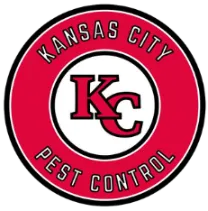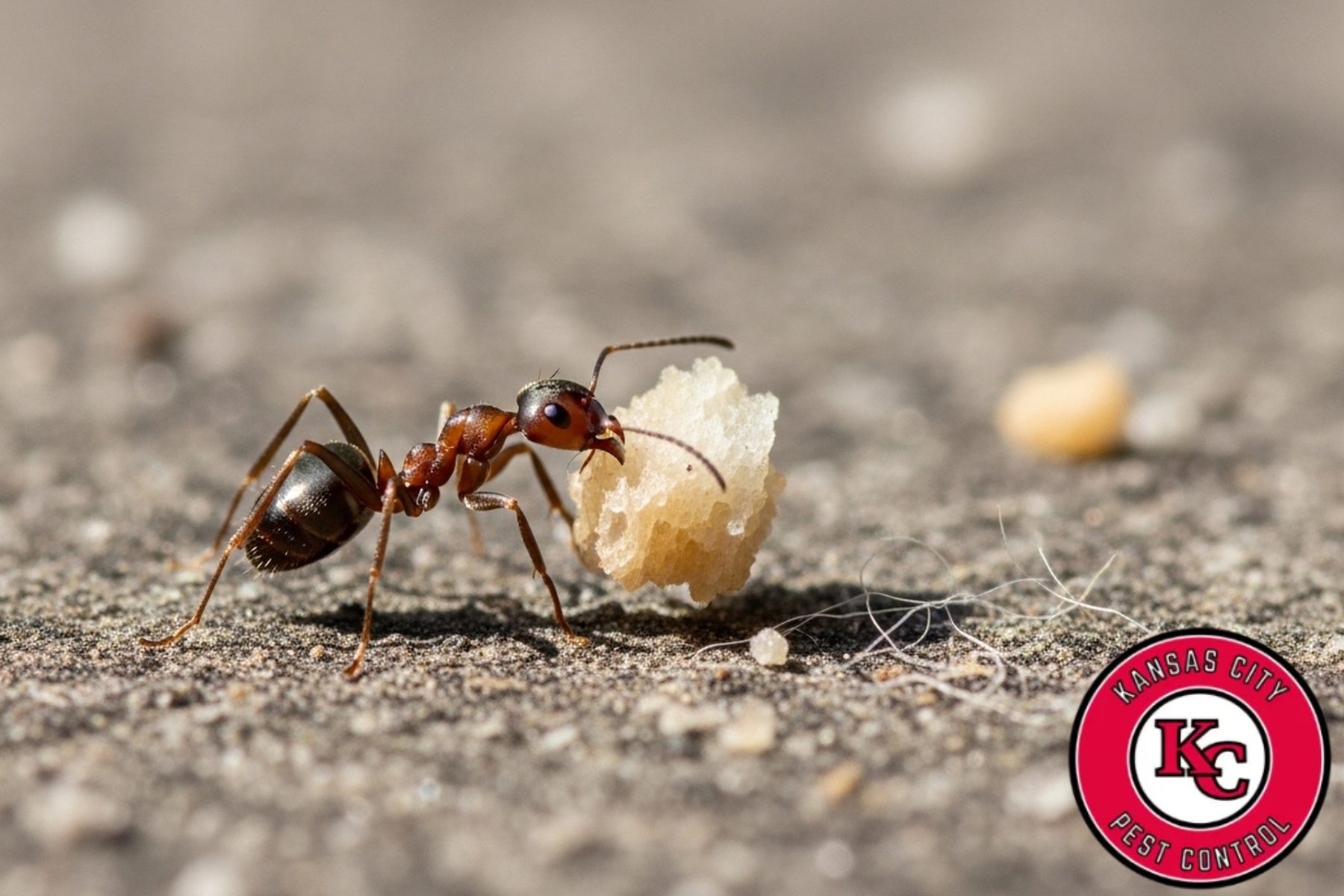Ant infestations can be frustrating, persistent, and surprisingly difficult to manage. Homeowners often turn to various ant-killing products, but with so many options on store shelves, it can be challenging to determine which solutions actually work and which ones are just marketing gimmicks. Understanding the science behind ant control can help you choose the most effective methods for your situation.
Understanding the Ant Problem
Before diving into products, it’s essential to understand how ants operate. Ants live in colonies with a clear hierarchy, including workers, soldiers, and a queen. While workers are the ones you typically see foraging, the real target in any ant control strategy is the queen. If the queen survives, the colony will continue to grow no matter how many worker ants you eliminate.
This is why simply killing visible ants often fails. The key is to use methods that not only kill the ants you see but also reach the colony’s hidden members, including the queen.
How Ants Operate:
- Workers forage for food and expand the nest.
- Soldiers protect the colony.
- Queen reproduces to expand the colony.
The Hype: Quick-Kill Sprays
Many homeowners reach for aerosol insecticides at the first sign of ants. While these sprays can kill ants on contact, they rarely solve the root problem. In fact, they may make it worse by causing the colony to split (a process called budding), resulting in multiple smaller colonies and an even larger infestation.
Sprays can be useful for immediate relief in a small, isolated area, but they should not be relied upon as the main solution for a large infestation.
What Works: Bait Systems
When it comes to long-term control, ant baits are one of the most effective tools available. Baits are designed to attract worker ants, who then carry the poisoned food back to the nest. Over time, the bait is shared with other ants and the queen, ultimately destroying the colony.
The best ant bait to kill the entire colony will combine a slow-acting poison with an attractive food source. This slow kill is crucial because it allows enough time for the poison to spread throughout the colony before the ants die. As ant kills ant, this method helps distribute the poison effectively to reach all members, including the queen.
The Role of Liquid and Gel Baits
Liquid and gel baits are often more appealing to ants because they mimic the sugary substances ants naturally seek. These baits are ideal for certain species, particularly those attracted to sweets. They can be placed along foraging trails or near entry points for maximum effect.
If you’re searching for ant control near me, many professional services use commercial-grade bait systems that are far more effective than over-the-counter products.
Granular Baits for Outdoor Colonies
Granular baits are effective for outdoor infestations, especially for species that prefer protein or grease. Sprinkling granules around known nesting sites or along trails can lure ants to carry the bait back to the colony.
However, success depends on correct placement and timing. Ant activity peaks during warmer months, and baits should be applied when ants are actively foraging.
Natural and “Eco-Friendly” Ant Killers: The Reality
Many homeowners are interested in green pest control solutions. Some natural options, such as diatomaceous earth, can be effective against ants by damaging their exoskeletons and causing them to dehydrate. However, these methods often require direct contact and may not address the colony’s core.
Essential oils like peppermint or tea tree oil are popular for deterring ants, but their effects are typically temporary. While these can be part of a prevention strategy, they’re rarely sufficient as a standalone solution for a major infestation.
The Importance of Professional Assessment
Even the best ant killer won’t be effective if you’re targeting the wrong species. Different ant species have different food preferences and nesting habits, which means the right bait for one might not work for another.
Professional pest control technicians can identify the ant species, locate the nest, and recommend the most effective treatment plan. This expertise often makes a significant difference in eliminating the problem.
For pest control, local professionals, such as an exterminator Independence MO, have the expertise and tools to assess and treat the ant species specific to your home.
Why DIY Sometimes Fails
DIY methods can be effective for minor infestations, but larger, more established colonies often require professional intervention. Misidentifying the species, using the wrong bait, or applying treatments inconsistently can lead to ongoing problems.
Choosing a trusted Independence pest control service ensures that the infestation is approached strategically and with the right tools.
Prevention Is Key
Even after eliminating an ant colony, prevention measures are critical to avoid future infestations. Seal entry points, keep food in airtight containers, clean spills promptly, and address moisture issues. Landscaping maintenance, such as trimming trees and shrubs away from the home, also reduces pathways ants may use to enter.
Regular inspections from a pest control Independence MO service can help catch early signs of ant activity before they become major issues.
Final Thoughts on the Battle of Ant Killers
The most effective ant control strategy combines baiting, prevention, and professional expertise. While quick-kill sprays and natural deterrents may provide short-term relief, they rarely address the colony’s core. Baits, especially species-specific ones, remain among the most reliable methods for complete colony elimination.
About Kansas City Pest Control
Kansas City Pest Control is a trusted local company providing comprehensive pest management solutions for homes and businesses across the Kansas City area. Specializing in ants, termites, rodents, and more, our team uses proven, environmentally responsible methods to ensure lasting results. Whether you need targeted treatments, ongoing prevention, or a detailed inspection, we’re committed to protecting your property from unwanted pests.
Dealing with ants in your home? Contact us today for targeted, long-term solutions. Call now for a consultation!

FAQ: People Also Ask
- What’s the best way to kill ants in your home?
The best approach is to use bait systems that target the entire colony, including the queen, rather than just killing visible ants. These systems are more effective for long-term control. - Does ant killer really kill the whole colony?
Ant killers like baits containing slow-acting poisons are effective at killing the entire colony, as worker ants carry the poison back to the nest, where it kills the queen. - How do you keep ants from coming back?
Preventive measures such as sealing entry points, removing food sources, and maintaining landscaping are key to preventing ants from returning. Regular pest control in Independence, MO, inspections also help prevent new infestations. - What’s the difference between ant bait and spray?
Baits are designed to target the queen and the entire colony, while sprays kill only the ants they contact, leaving the colony intact.

